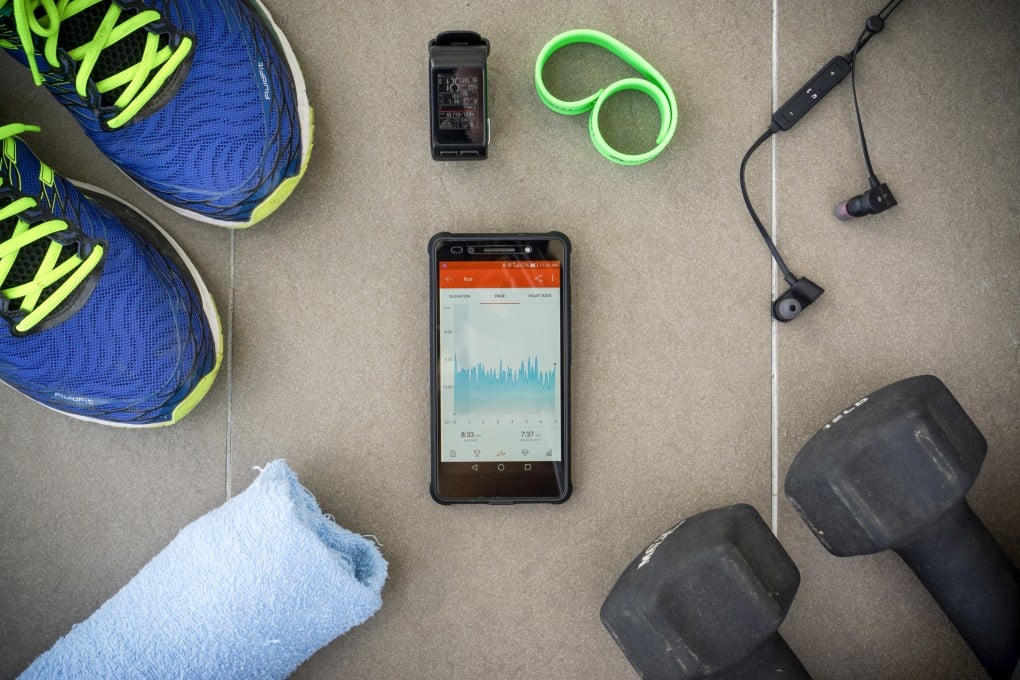Strava’s great – but watch your mental health, warn researchers
Many fitness enthusiasts use Strava for tracking and in order to network with a community of like-minded athletes – but is this really a good thing?

For millions of people, using the Strava fitness-tracking app is as much a part of an exercise routine as a decent water bottle or the correct shoes. Strava goes where you go.
That might not always be a good thing.
With more than 125 million registered users – mainly runners, cyclists and hikers – Strava combines health tracking with social media by encouraging a community of followers. But sports psychology and social media researchers at Gustavus Adolphus College in St Peter, Minnesota, wondered whether the fitness positives outweigh the potential mental health negatives.
In two studies, the researchers found that Strava users recognise the app’s ability to motivate them into action and connect them to other exercisers. But they said the app’s use brings on anxiety about their performance after the fact. A third study supports the findings.

“There is lots of data on fitness trackers. There is lots of data on social media. But Strava marries the two and is really unique,” said sports psychology professor Hayley Russell, one of the researchers. “You are potentially very vulnerably sharing your fitness online with others, who also are sharing their fitness online.”
